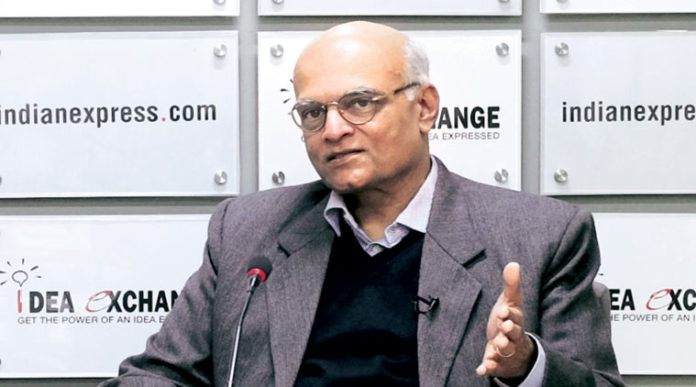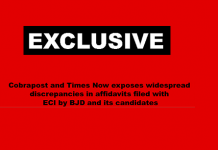Asserting that actions like surgical strikes are not a “permanent solution”, former national security advisor Shivshankar Menon has said the real test of success of India’s military action in PoK is whether the LoC is pacified and the infiltration goes down.
Talking about the surgical strikes carried out by India in the aftermath of the Uri terror attack, he said he was not sure if it indicated a major shift in policy and described India’s action akin to mowing the grass, which one has to do repeatedly at regular intervals from keeping the grass to attain certain height.
“I am not sure, if there is a major shift in policy,” he told PTI.
“First of all the use of (the term) surgical strike is not right. It is a phrase developed by the US in the nuclear context. It had a very specific meaning — taking out the adversaries’ nuclear weapons through surgical strike and eliminate those weapons,” said Menon, who was the NSA from 2011 to 2014 under the Manmohan Singh government.
Menon stated that what has happened post-Uri has “not eliminated these jihadi tanzims” or any of the terror groups.
“It was an attack on few launch pads and of course damage to them. But this is not a damage that they cannot repair or recover. Secondly there was a huge amount of restraint shown in the choice of target and the location, it’s on Indian territory after all,” Menon said.
“I think, the difference is that this government has chosen to go public. Whether it works or not, the real test is whether the Line of Control is pacified, whether the infiltration goes down,” Menon said.
Noting that every government chooses its own way of dealing with these things, Menon said, “My own sense, which the Israelis describe is like mowing the grass. Something you need to keep doing, but the grass would keep growing. And it is not a permanent solution. Not military force, not diplomacy, but combination of both together amount to mowing the grass.”
Menon stressed that from a strategic point of view, in the last 30 years when Pakistan has thrown cross border terrorism in all its worst form, India has done its best in this period.
“This is not an existential threat to India. This is something that can be managed, needs to be managed, needs responses, including military, diplomatic and other responses and to the extent that this government is now doing it publicly, is also following a policy of diplomatically isolating Pakistan for what it has done, is actually a continuing of existing policy, but taken further one more step. I hope it works,” Menon said.
In his book ‘Choices: Inside the making of India’s Foreign Policy’, released at the Brookings Institute last week, Menon writes that in the immediate aftermath of the Mumbai terror attack, the then External Affairs Minister Pranab Mukherjee and he as the foreign secretary had strongly pushed for immediate retaliatory strikes inside Pakistan and Pak-occupied Kashmir (Pok) which did not happen.
Sourced from agencies, Featured image courtesy: The Indian Express



























